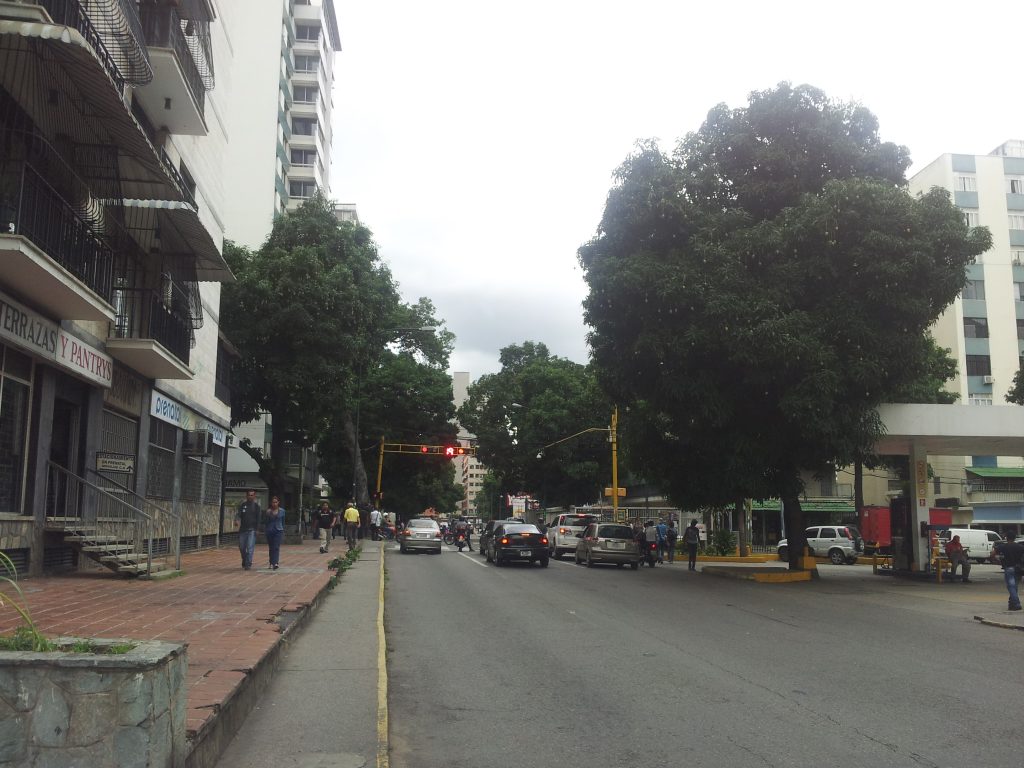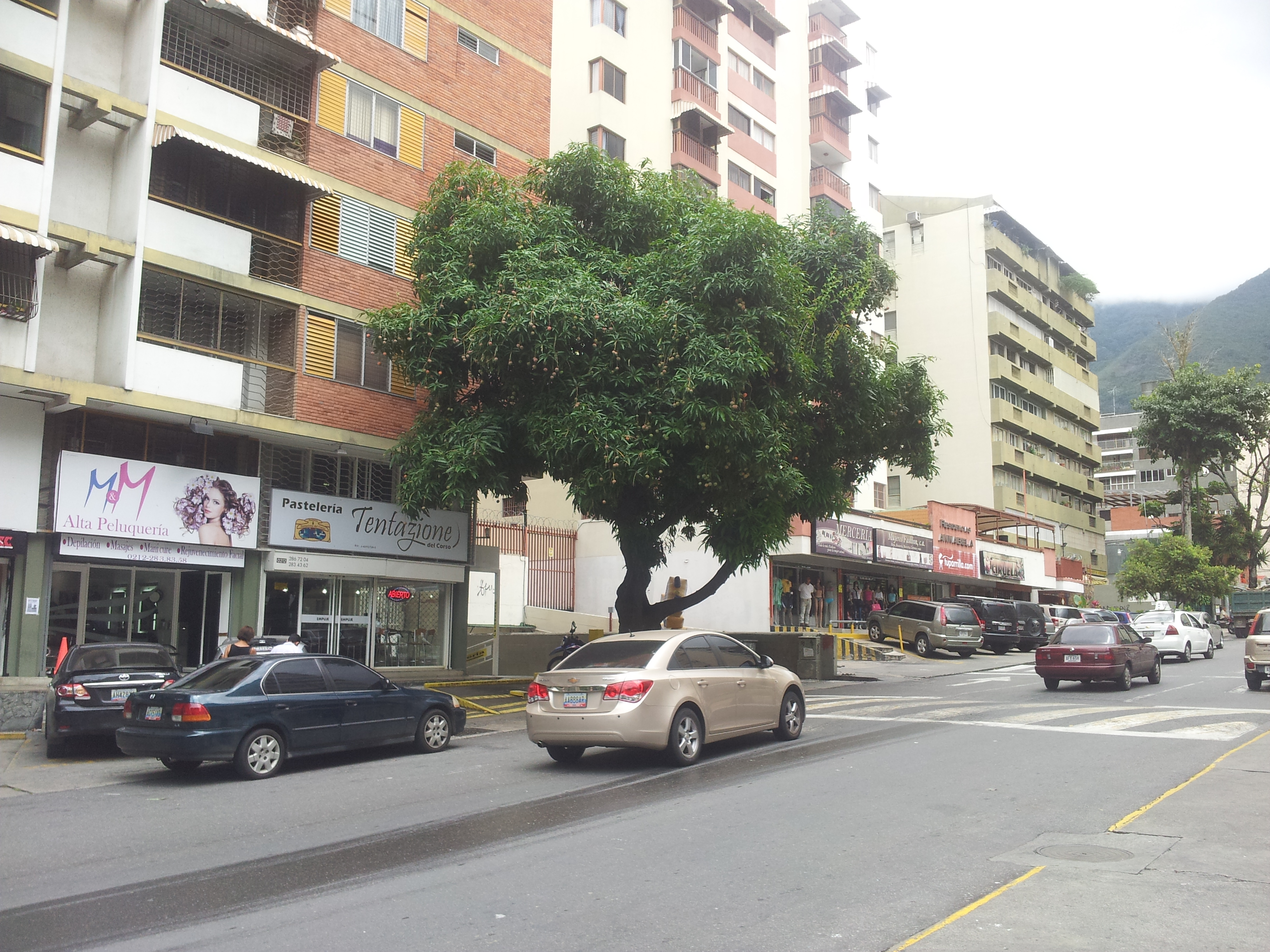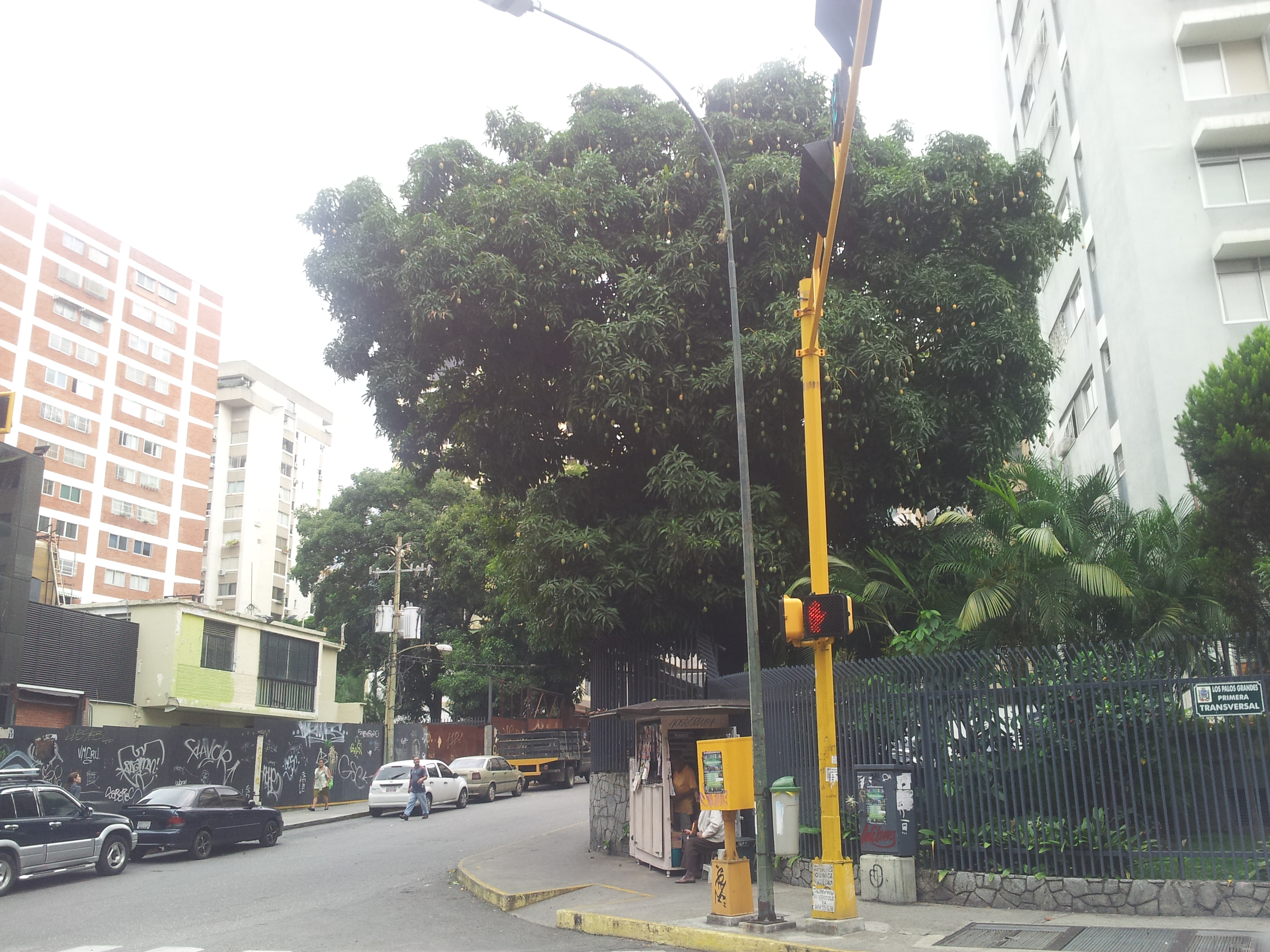
EspañolIn several TV shows, radio shows and digital reports people are seen having mangoes for breakfast, dinner or lunch, not just because they are delicious, but because they are “the only thing they can get” in Venezuela’s crisis of high food prices and food scarcity.
For many Venezuelans, mangos have substituted what little they are able to buy at supermarkets. As a result, some have begun to commercialize them.
- Read more: Venezuelan Newspapers Attacked with Excrement over Critical Reporting
- Read more: Hunger by Design: How Venezuela Keeps Dissidence Under Control
Caracas has one of the country’s most abundant mango reserves, some dating back more than 100 years, and which survived thanks to the local government’s care.
Director for the Foundation of Urban Memory Hannia Gómez said there are over 400 different species of mango trees within the city, giving each street its own identity.
“That is the case of the Samanes, Jabillos, Mangos, Chaguaranos and Acacias,” she said. “These species are part urbanization and need to always exist.”
Gómez added counties disrespect the original landscape of Caracas and “refuse to acknowledge the city’s plants.”
One of the major reserves of mango trees is in Chacao, where there have been a number of initiatives to protect the presence of nature within the city space.
Mango Season
According to the 2015 annual report published by the Venezuelan Education Program for Human Rights (Provea), scarcity, inflation and high cost of food keep increasing. According to the Venezuela Central Bank (BCV), the accumulated variation of the National Consumer Price Index (INPC) was 180.9 percent during 2015 and around 315 percent for food.
According to the Center of Documentation and Social Analysis of the Venezuelan Teacher Association (Cendas-FVM), the price for food considered a basic necessity rose 718 percent in comparison with April 2015. By the close of April, around 13 minimum wages were required to buy enough food for five family members. Sixty-five percent of Venezuelan workers earn the equivalent of a minimum wage.
According to a Datanálisis study of April 2016, only 3.6 percent had a favorable opinion of food provisioning and of general access to basic products. The government stopped publishing data about scarcity.
But the mango has helped alleviate the struggle for some Venezuelans.
It was common, years ago, to walk in the streets of Caracas and step over mangoes on the ground. But it is more common nowadays to bump into a young child picking the fruits to take home.
 Versión Español
Versión Español














